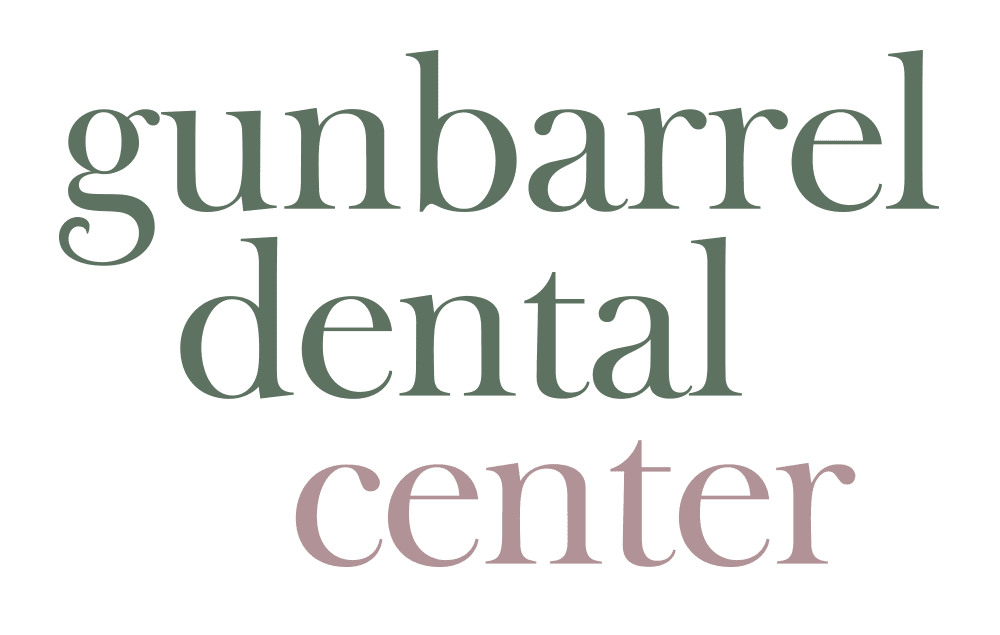The temporomandibular joint, often shortened to TMJ, is one of the most complex joints in the human body. It connects your jawbone to your skull and allows you to talk, chew, and yawn with ease. When this joint or the surrounding muscles become strained, inflamed, or misaligned, it can lead to temporomandibular joint disorder, commonly referred to as TMJ disorder or TMD. This condition affects millions of people, often going undiagnosed because its symptoms can mimic other issues such as ear infections, headaches, or dental problems. Understanding the signs of TMJ disorder is the first step toward finding relief.

Jaw Pain and Tenderness
One of the most common signs of TMJ disorder is pain or tenderness in the jaw area. This discomfort can range from a dull ache to sharp, intermittent pain, often concentrated near the joint just in front of the ear. You may notice the pain is worse when chewing, speaking, or even opening your mouth widely. Some people also feel soreness in the muscles that control the jaw’s movement, which can extend into the cheeks, neck, or shoulders.
Clicking, Popping, or Grinding Sounds
Many people with TMJ disorder experience unusual noises when moving their jaw. Clicking, popping, or grinding sounds often occur as the joint moves out of alignment or the cushioning disc inside the joint shifts. While occasional clicking can be harmless, consistent or painful joint noises could indicate a more serious problem. In some cases, these sounds are accompanied by a sensation of the jaw “catching” or “locking” in place, making it difficult to open or close the mouth fully.
Difficulty or Discomfort While Chewing
TMJ disorder can make chewing a challenging and sometimes painful task. You may find that certain foods, especially those that are chewy or require a lot of jaw movement, cause discomfort. This can lead to avoiding certain foods or chewing primarily on one side of your mouth, which may worsen muscle imbalance and increase strain on the joint.
Headaches and Facial Pain
Because the temporomandibular joint is located near several major muscle groups and nerves, TMJ disorder often causes pain that radiates beyond the jaw. Many people experience frequent headaches or even migraines as a result of jaw tension. The pain can spread into the temples, behind the eyes, or around the ears, mimicking tension or sinus headaches. Some patients also notice facial swelling or a feeling of tightness in the face that worsens throughout the day.
Ear Pain or Fullness
TMJ disorder can also cause ear-related symptoms since the joint is located just in front of the ear canal. You might feel pain, pressure, or a sensation of fullness in one or both ears, even though no infection is present. In some cases, people report ringing in the ears, known as tinnitus, or mild dizziness. These symptoms can be confusing and often lead individuals to seek treatment from an ear specialist before realizing the issue originates in the jaw.
Limited Jaw Movement
A restricted range of motion in the jaw is another hallmark of TMJ disorder. You might find it difficult to open your mouth widely, or your jaw may feel stiff, especially after waking up or after extended talking or chewing. Some people experience a sudden locking of the jaw, where it becomes momentarily stuck in an open or closed position. This limited mobility can be both painful and disruptive to daily activities.
Treatment for TMJ Disorder in Boulder, CO
At Gunbarrel Dental Center, we are dedicated to helping you maintain your oral health. If you have chronic jaw pain or discomfort, TMJ disorder could be the culprit. The longer you wait to seek treatment, the more damage it could cause. Contact our office today to schedule a consultation and learn more about your treatment options.

